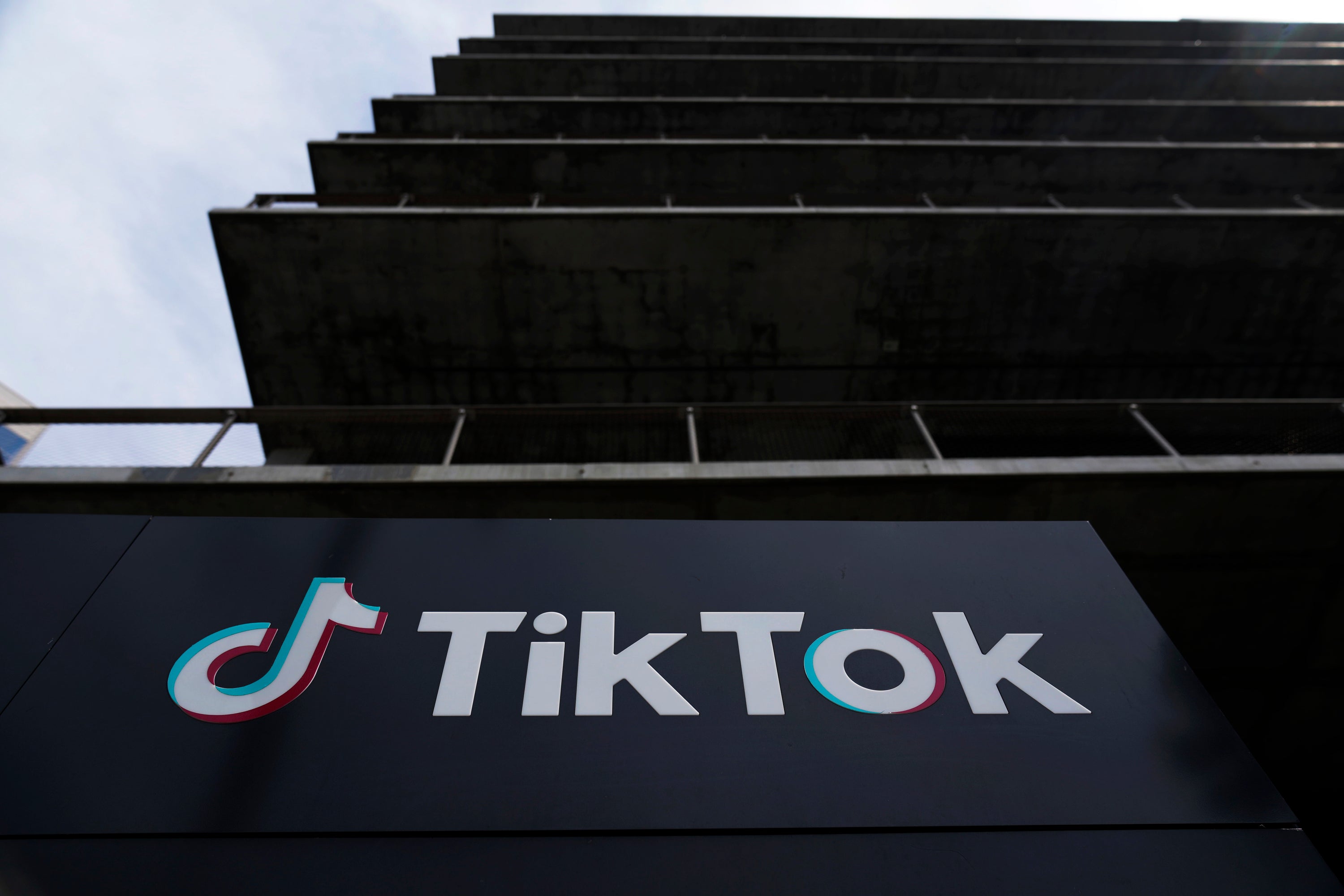TikTok updates content rulebook as pressure from West builds
TikTok has rolled out updated rules and standards for content and users as it faces increasing pressure from Western authorities over concerns that material on the popular Chinese-owned video-sharing app could be used to push false information

Your support helps us to tell the story
From reproductive rights to climate change to Big Tech, The Independent is on the ground when the story is developing. Whether it's investigating the financials of Elon Musk's pro-Trump PAC or producing our latest documentary, 'The A Word', which shines a light on the American women fighting for reproductive rights, we know how important it is to parse out the facts from the messaging.
At such a critical moment in US history, we need reporters on the ground. Your donation allows us to keep sending journalists to speak to both sides of the story.
The Independent is trusted by Americans across the entire political spectrum. And unlike many other quality news outlets, we choose not to lock Americans out of our reporting and analysis with paywalls. We believe quality journalism should be available to everyone, paid for by those who can afford it.
Your support makes all the difference.TikTok on Tuesday rolled out updated rules and standards for content and users as it faces increasing pressure from Western authorities over concerns that material on the popular Chinese-owned video-sharing app could be used to push false information.
The company released a reorganized set of community guidelines that include eight principles to guide content moderation decisions.
“These principles are based on our commitment to uphold human rights and aligned with international legal frameworks,” said Julie de Bailliencourt, TikTok's global head of product policy.
She said TikTok strives to be fair, protect human dignity and balance freedom of expression with preventing harm.
The Chinese-owned app has come under fire in the U.S., Europe and Asia-Pacific, where a growing number of governments have banned TikTok from devices used for official business over worries it poses risks to cybersecurity and data privacy or could be used to push pro-Beijing narratives and misinformation.
So far, there is no evidence to suggest this has happened or that TikTok has turned over user data to the Chinese government, as some of its critics have argued it would do.
CEO Shou Zi Chew is scheduled to appear Thursday before the U.S. Congress, where he will be grilled about the company’s privacy and data-security practices and relationship with the Chinese government.
The guidelines, which take effect April 21, were repackaged from TikTok's existing rules with extra details and explanations.
Among the more significant changes are additional details about its restrictions on deepfakes, also known as synthetic media created by artificial intelligence technology. TikTok more clearly spells out its policy, saying all deepfakes or manipulated content that show realistic scenes must be labeled to indicate they're fake or altered in some way.
TikTok had previously banned deepfakes that mislead viewers about real-world events and cause harm. Its updated guidelines say deepfakes of private figures and young people are also not allowed.
Deepfakes of public figures are OK in certain contexts, such as for artistic or educational content, but not for political or commercial endorsements.